Alright – so today we’ve got the honor of introducing you to Ido Kashi. We think you’ll enjoy our conversation, we’ve shared it below.
Ido, thanks for joining us, excited to have you contributing your stories and insights. Learning the craft is often a unique journey from every creative – we’d love to hear about your journey and if knowing what you know now, you would have done anything differently to speed up the learning process.
The way I think about music today, and how I compose and produce, is heavily influenced by the diverse experiences I’ve had growing up and developing in the music industry. I have both formal training and self-taught experience. I studied piano, music theory, arranging, and orchestration in school but learned production, DAWs, and scoring by observing how industry pros work and experimenting in my studio until something sounded good. There’s no single path to mastering this craft, but every step I took shaped the skill set I use today. Looking back on my journey, I truly believe that everything happened as it should, nothing felt too slow or too fast, art unfolds at its own pace.
We’re lucky to live in an era where technology is integrated into our lives. Learning quickly and creating instantly has made music production more accessible than ever. In my early days, I learned a lot from YouTube videos, and I have no hesitation in saying that I sometimes use AI chatbots for help with technical questions in my DAW or plugins. This has created both opportunities and difficulties, as today’s modern music producer can’t rely solely on being a great musician with good taste. With technology capable of generating music, translating ideas into sound is more important than ever. A big part of modern production is knowing how to mix, edit, and troubleshoot software. At the same time, knowing the basics of music theory – chords, scales, and progressions, is very helpful.
One major challenge early on was navigating the overwhelming number of resources and the temptation to use all those cool looking plugins. When I open old projects and look at what I did back then, I think, “Wow, I had no idea what I was doing, that guy was a complete idiot.” But eventually, I decided to start over from scratch and master a small group of tools. That decision was a game-changer for my understanding of mixing and sound design, and today I approach the tools that I use in my productions in a completely different mindset.
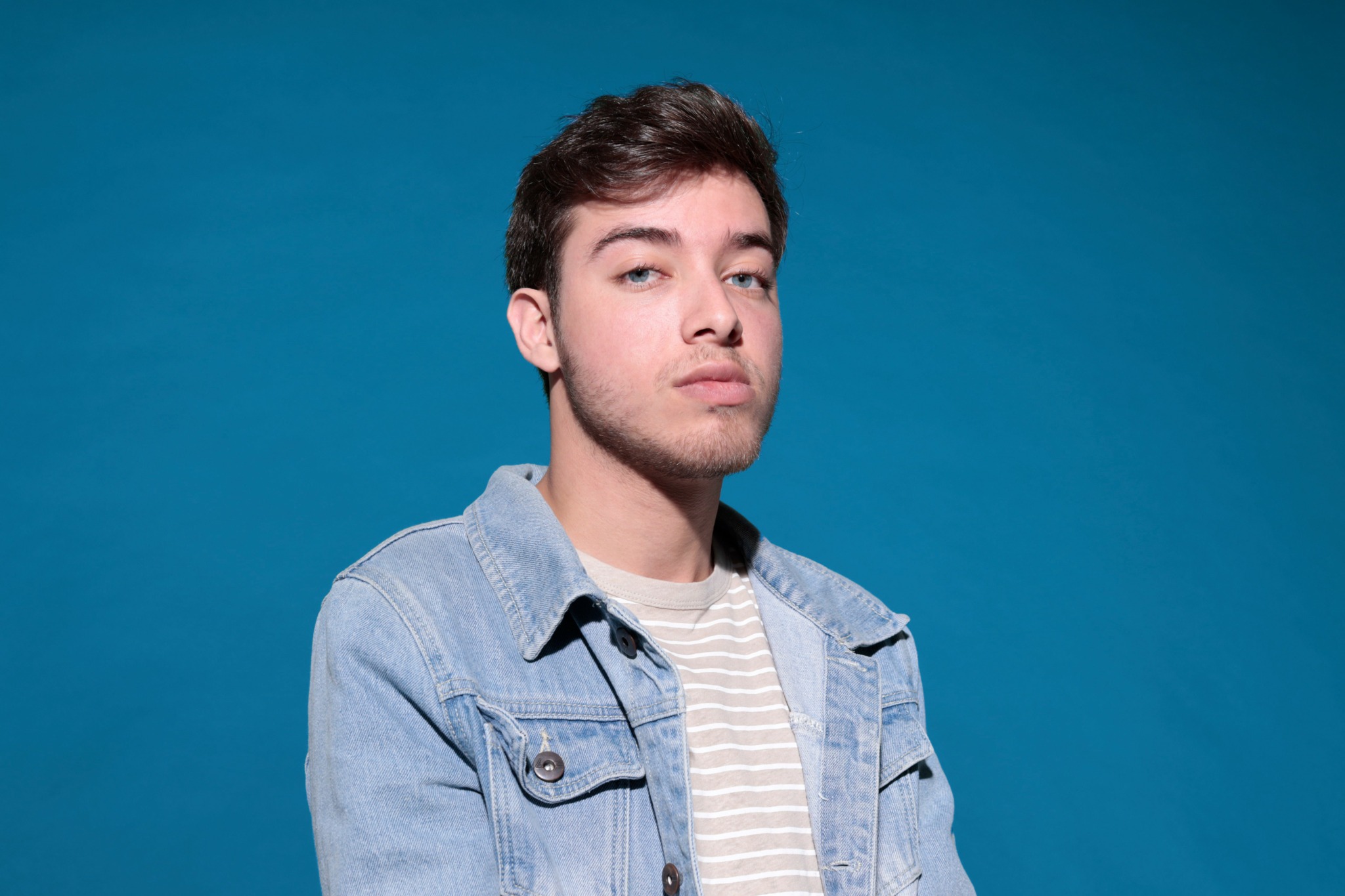
As always, we appreciate you sharing your insights and we’ve got a few more questions for you, but before we get to all of that can you take a minute to introduce yourself and give our readers some of your back background and context?
I’m Ido, a composer, music producer, and artist. My favorite thing in the world is bringing an idea, vision, or dream to life through music. I do this when working with artists and composing scores for media such as TV shows, short films, and commercials.
I started in the music industry as a jazz pianist, performing live gigs. After high school, I began working with local musicians, producing songs and albums, and collaborating with many talented young artists. When the world shut down during COVID, I shifted my focus to cinematic music and film scoring. This led to a role as the music producer and head of the music department at Groove Audio, an audio software company, while I continued producing for artists.
In 2022, I became an in-house music producer at Artlist, a media company, where I composed across multiple genres and refined my ability to create realistic mockups and produce entirely “in the box.” The fast-paced environment pushed me to become more versatile, more efficient, and more intentional with every note.
In my production, I try to always be unpredicted, discover something new every time and stay true to the little notions that excites me, while also maintaining my own signature sound and likings.
These days, as a freelance producer, I compose scores, produce songs, and take on diverse music projects that inspire me.
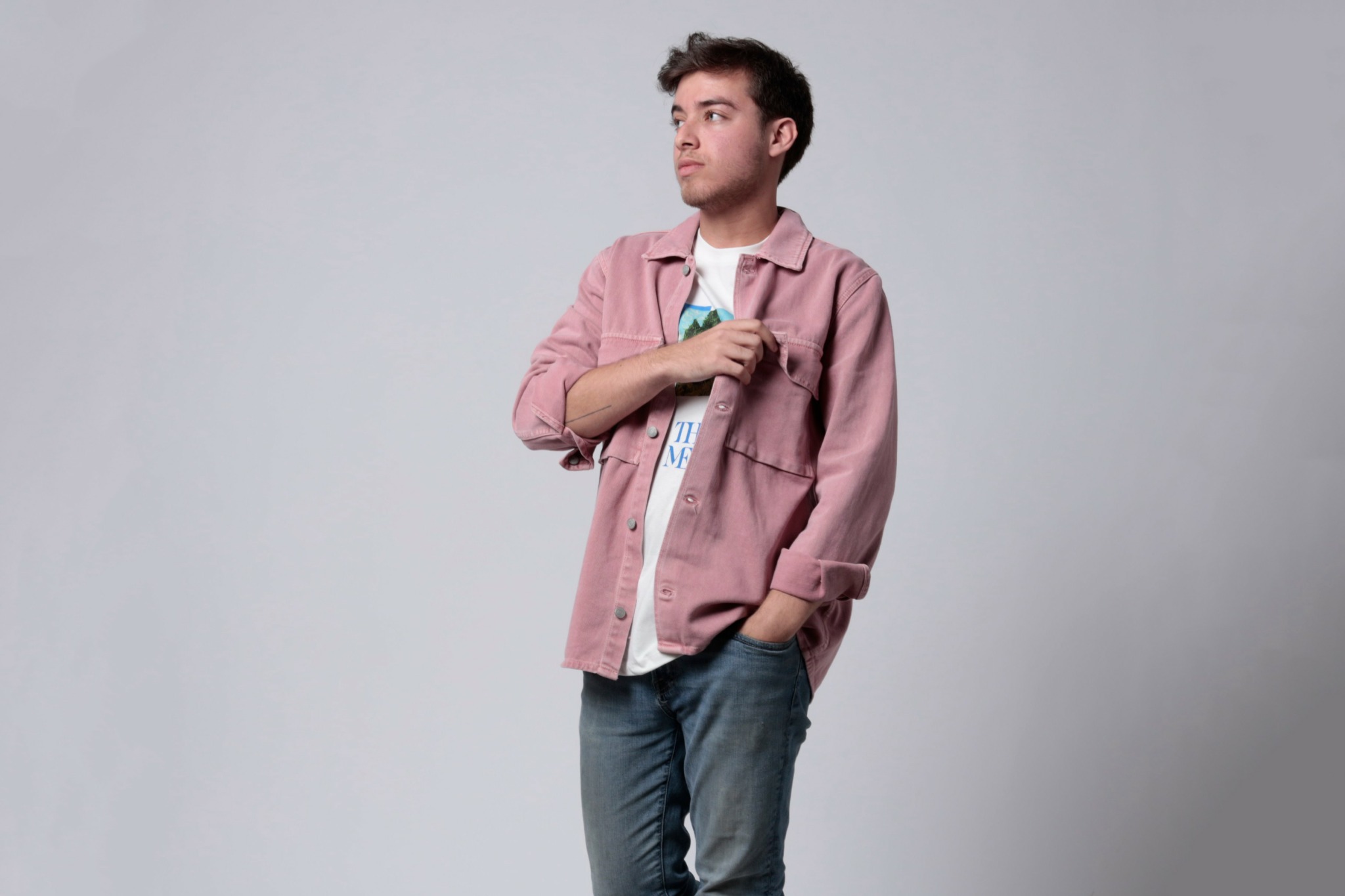
How can we best help foster a strong, supportive environment for artists and creatives?
Keep following artists and stream their music. Add new songs you like to your playlists, share them on your Instagram stories or TikToks, and tell your friends. If they’re local or touring, go to their shows! And if not, leave a nice comment on their YouTube or send a DM just to say you enjoy what they’re doing.
Being an artist today can be incredibly stressful. There’s so much pressure to build your crowd, stay relevant, and constantly create new and good music or content. A small gesture like a kind word, a share, a genuine reaction, can make a huge difference for an artist. Sometimes just knowing that your music made one person’s day better is more meaningful than anything.
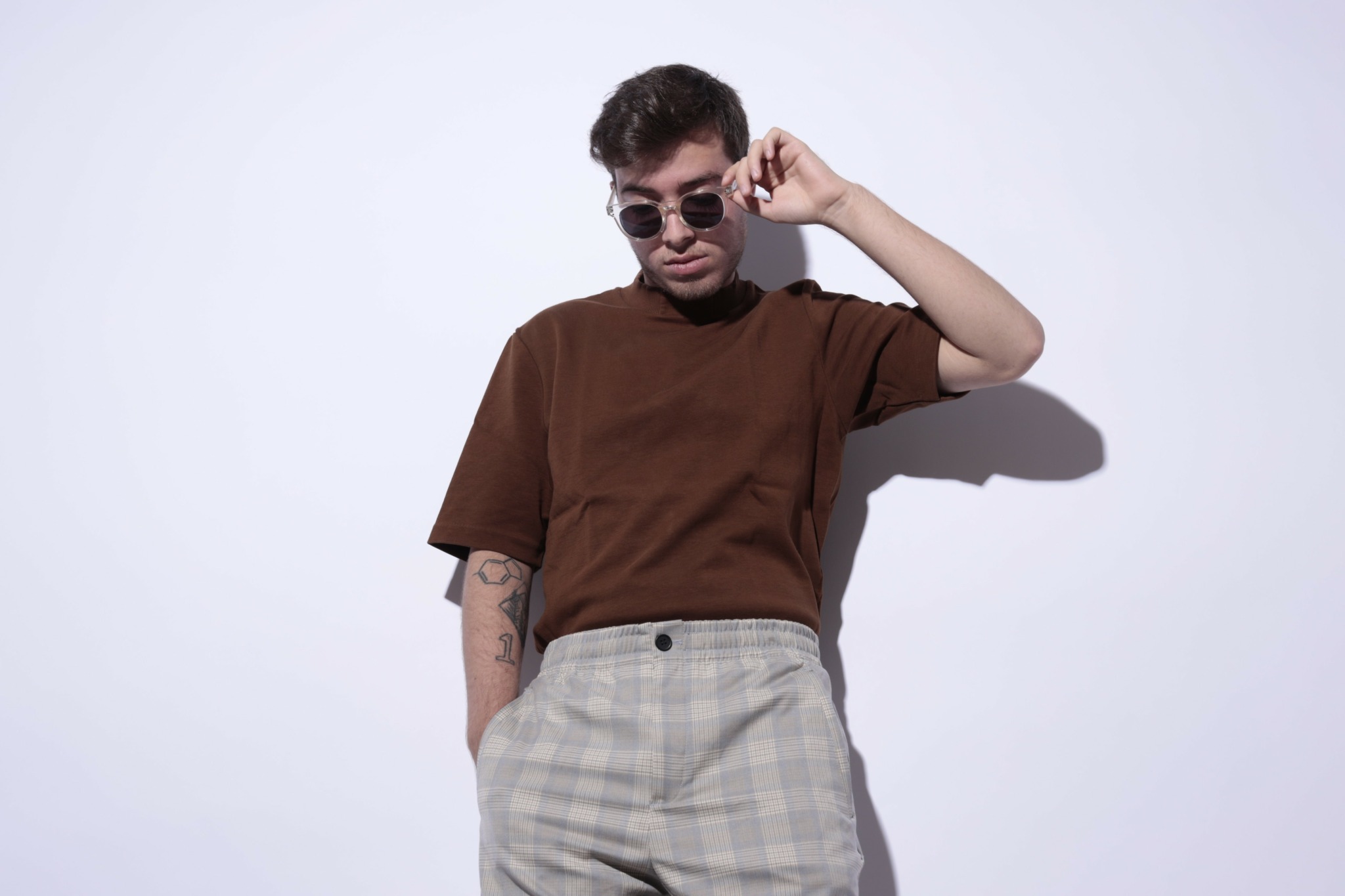
What’s a lesson you had to unlearn and what’s the backstory?
I come from a background of being a Jazz pianist and I felt like my surroundings were very judgy towards anything that wasn’t “Sophisticated Music” or timeless classics. I used to be pretty against new pop music or even pop music in general! It showed in what I listened to, the way I talked about music with my peers, and even in how I wrote and composed.
Going out into the world, getting to know more people, and hearing different kinds of music helped me realize that I was looking at it all wrong. I had to unlearn the idea that music should be measured by how complex or “smart” it is. Now I care much more about how genuine something feels, whether it’s telling a story or just trying to create a vibe. Music is all about vibe. I can get excited listening to one chord or twenty. If it moves you, it’s good music.
Contact Info:
- Website: https://idokashi.com
- Instagram: https://instagram.com/idoisback
- Other: https://linktr.ee/idokashi
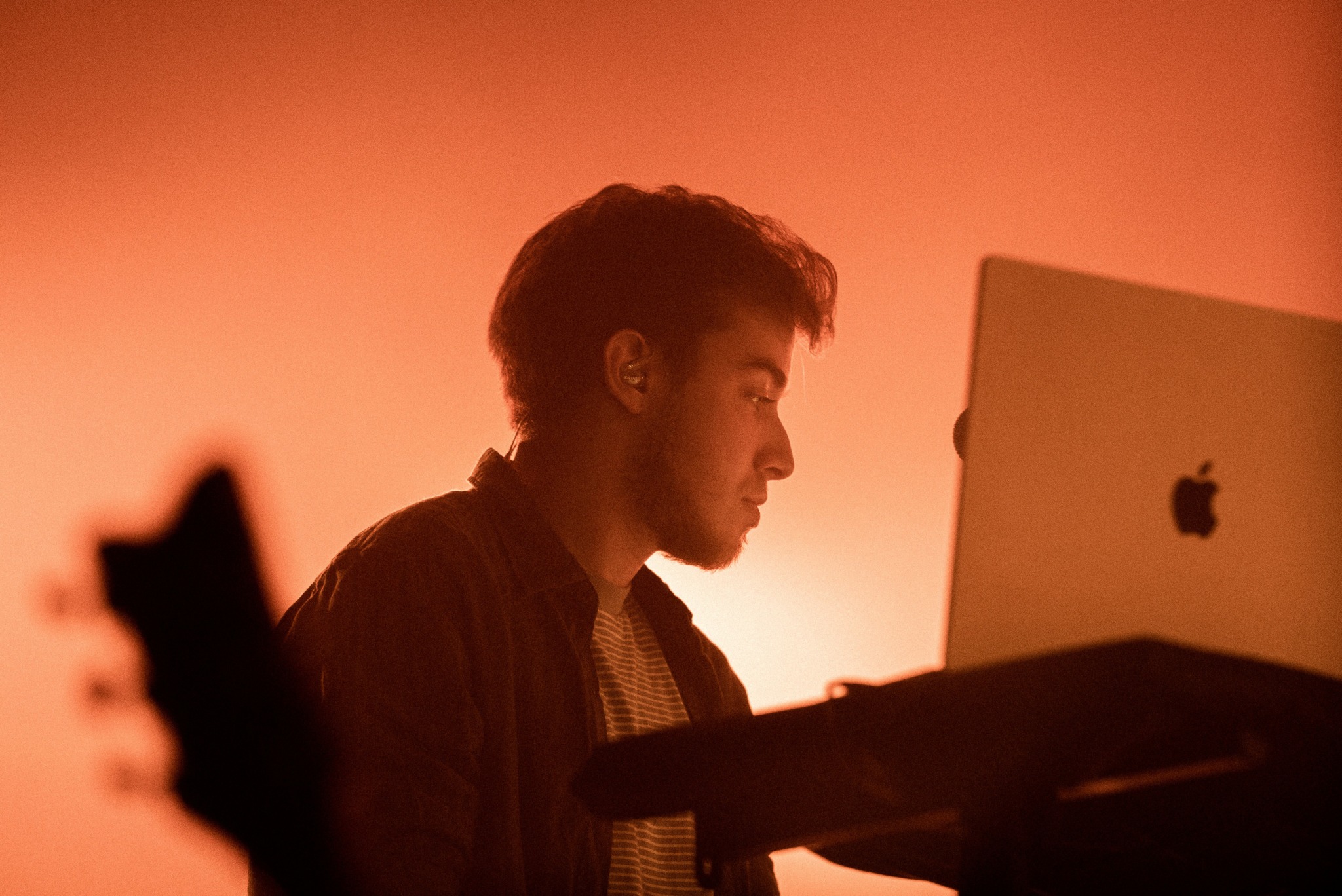
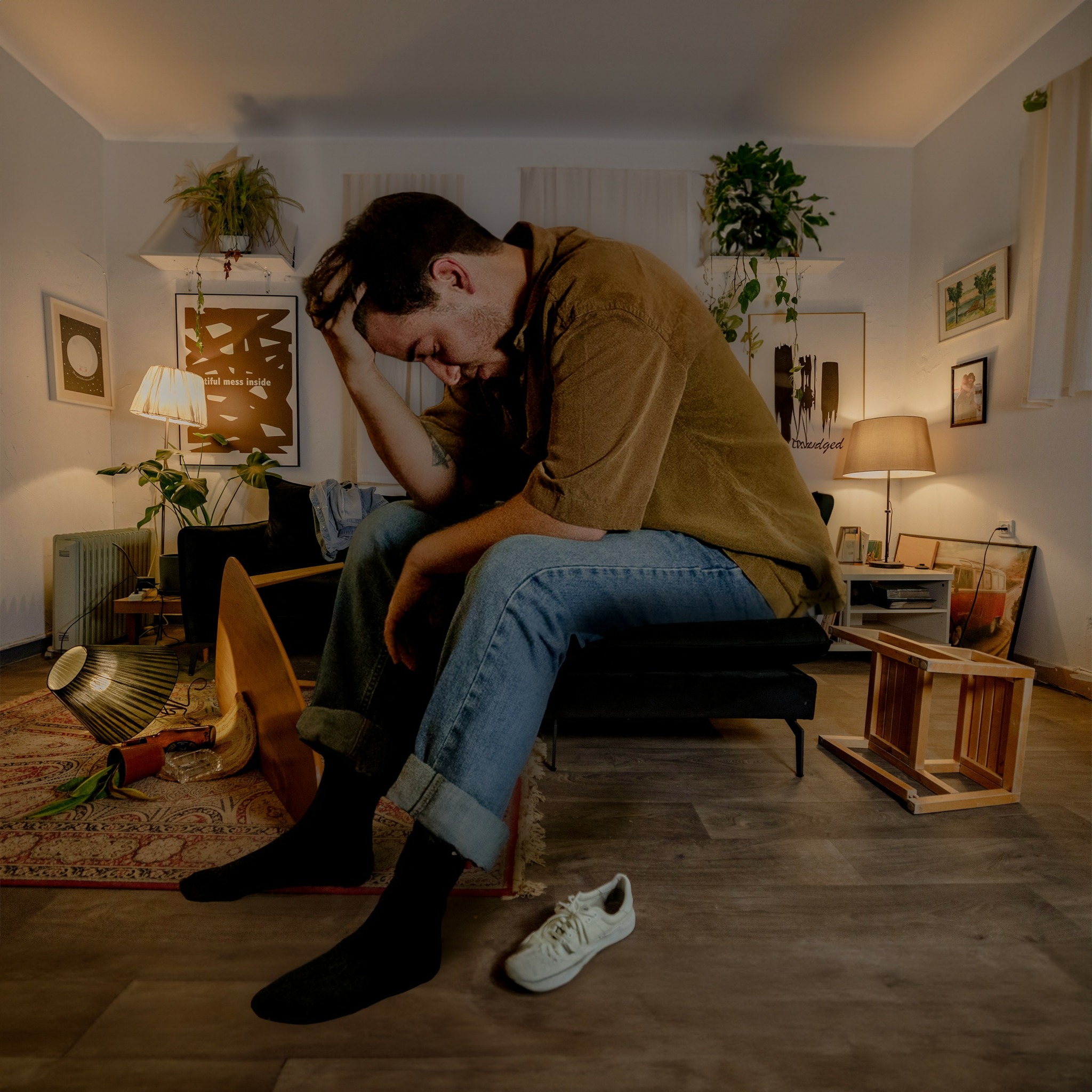
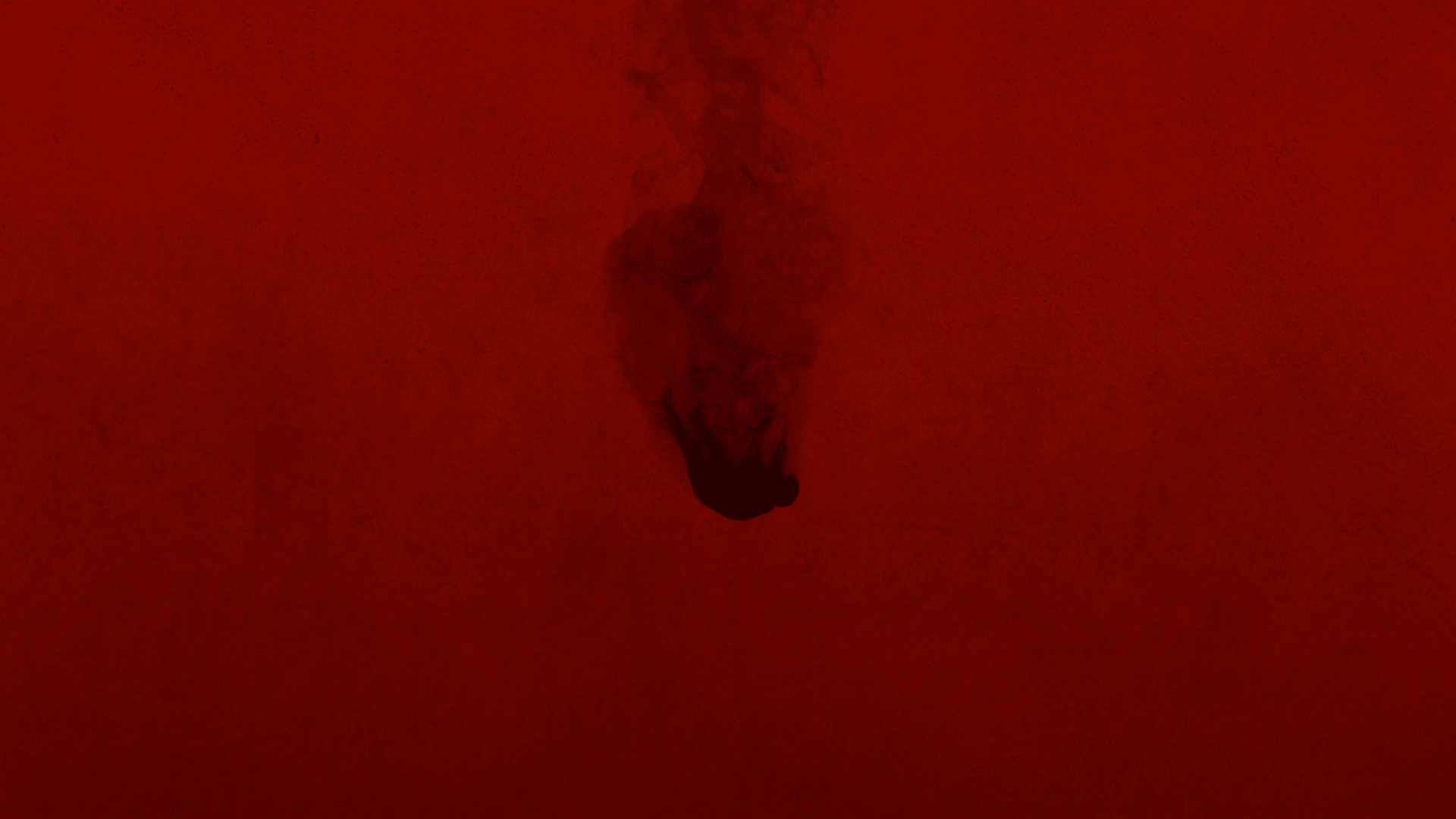
Image Credits
Dor Reznik
Michael Topyol
Sun Bar Dagon


